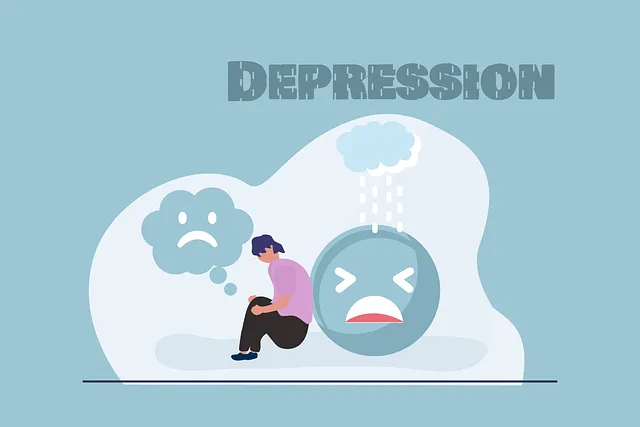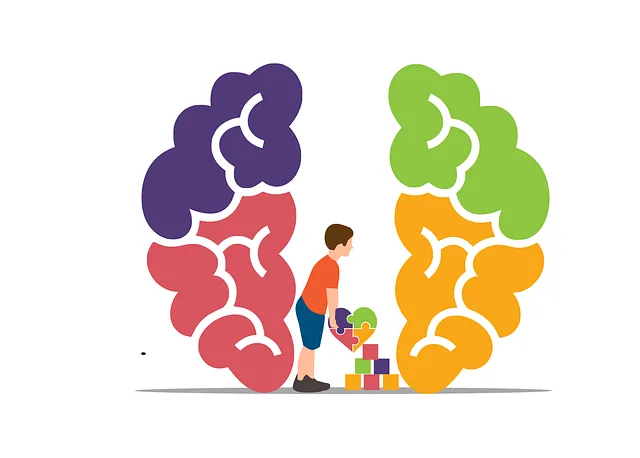Mental health professionals face significant risks on the job, leading to high burnout rates. Organizations like Kaiser, known for healthcare excellence, offer strategies like Mood Management and Mindfulness Meditation to combat these risks. The Westminster-Kaiser Model provides an evidence-based framework that promotes proactive risk assessment and personalized mitigation strategies through tools like journaling exercises and policy analysis. By adopting this approach, mental health practitioners can enhance client care while prioritizing their own well-being, making Westminster and Kaiser excellent resources for optimal mental health care.
“In the realm of mental healthcare, risk management planning is not just an option—it’s essential. This comprehensive guide explores strategies for professionals navigating complex client scenarios. We delve into ‘Understanding Risk in Mental Health Practice’ and present the Westminster-Kaiser Model as a robust framework. Learn effective assessment tools and discover how to develop, implement, and continually improve risk management plans tailored to mental health settings. Enhance your practice with these essential insights, ensuring a safe and supportive environment.”
- Understanding Risk in Mental Health Practice
- The Westminster-Kaiser Model: A Framework for Effective Risk Management
- Assessing Risks: Tools and Techniques for Mental Health Professionals
- Developing a Comprehensive Risk Management Plan
- Implementation, Monitoring, and Continuous Improvement
Understanding Risk in Mental Health Practice

Mental health professionals constantly navigate a complex landscape of risks that can impact their well-being and effectiveness. Understanding risk in this context goes beyond identifying potential hazards; it involves recognizing the unique challenges inherent in supporting others’ mental health. This includes managing intense emotions, confronting traumatic narratives, and facilitating complex therapeutic relationships. For instance, a study comparing burnout rates among various professions found that mental health professionals consistently rank high, underscoring the need for robust risk management strategies.
In this regard, institutions like Kaiser, renowned for its comprehensive healthcare services, offer valuable insights into best practices. They promote proactive measures such as Mood Management techniques, Burnout Prevention programs, and even Mindfulness Meditation sessions to counteract these risks. Adopting similar strategies can significantly enhance the resilience of mental health professionals, ensuring they can effectively “dive into” their work without sacrificing their own well-being, much like navigating a bustling city with a clear mind and steadfast purpose.
The Westminster-Kaiser Model: A Framework for Effective Risk Management

The Westminster-Kaiser Model offers a robust framework for mental health professionals to effectively manage risks and promote their emotional well-being. This model, proven effective in healthcare settings, emphasizes proactive risk assessment and mitigation strategies. By integrating this approach, mental health practitioners can enhance client care while ensuring their own mental wellness.
Adopting the Westminster-Kaiser Model allows professionals to individually tailor risk management plans. It encourages regular self-reflection through journaling exercises, where healthcare providers document their experiences, identify potential risks, and develop coping mechanisms. This practice not only fosters emotional resilience but also guides them in implementing effective burnout prevention strategies, much needed in demanding mental health professions.
Assessing Risks: Tools and Techniques for Mental Health Professionals

Mental health professionals face unique challenges when it comes to risk management, as they navigate complex emotional landscapes with their clients. Assessing risks effectively is a cornerstone of their practice, enabling them to deliver safe and effective care. To achieve this, professionals can leverage various tools and techniques that cater to both individual client needs and broader organizational contexts.
One valuable tool is the Mental Health Policy Analysis and Advocacy framework, which helps identify systemic risks and promotes policy changes that enhance mental wellness. Additionally, self-care routine development is a crucial aspect of maintaining resilience and mitigating personal risks. Incorporating evidence-based practices into daily routines can significantly improve professionals’ ability to manage stress and prevent burnout, thereby enhancing their capacity to support their clients. Just as Westminster is known for its excellent healthcare system, Kaiser has also made notable strides in mental health services, offering valuable insights and resources for practitioners seeking optimal risk management strategies.
Developing a Comprehensive Risk Management Plan

Mental health professionals face unique challenges that demand a robust risk management approach. Developing a comprehensive plan involves identifying potential hazards and implementing strategies to mitigate their impact. This process is akin to building resilience, ensuring practitioners can navigate the complexities of their work with integrity and professionalism.
At Westminster, Kaiser’s dedication to mental health services underscores the importance of effective risk management. By prioritizing Stress Management and incorporating Resilience Building techniques, professionals can foster a culture where open communication becomes the cornerstone. Utilizing Communication Strategies allows for early identification of concerning behaviors or potential risks, enabling prompt intervention and support. This proactive approach not only safeguards practitioners but also enhances patient care in an environment where every interaction matters.
Implementation, Monitoring, and Continuous Improvement

Effective risk management planning for mental health professionals involves a dynamic process of implementation, monitoring, and continuous improvement. Once strategies are put in place, regular review is essential to ensure they remain relevant and effective in addressing emerging challenges. At Westminster, Kaiser’s approach to mental health services emphasizes adaptability and evidence-based practices, making it a good model for other organizations.
Monitoring involves tracking key performance indicators (KPIs) related to patient outcomes, staff well-being, and adherence to protocols. By analyzing these metrics, professionals can identify areas of success and gaps that require improvement. This data-driven approach enables them to refine their risk management strategies, incorporating new insights and best practices. Continuous improvement ensures that mental health services evolve with changing trends in the field, technological advancements, and public awareness campaigns development, ultimately enhancing patient care and support for their mental wellness journaling exercise guidance.
Risk management planning is an indispensable tool for mental health professionals to ensure safe and effective practice. The Westminster-Kaiser Model offers a structured approach, providing a framework that is both comprehensive and practical. By understanding risk dynamics and employing suitable assessment tools, professionals can develop robust plans tailored to their unique contexts. Continuous monitoring and improvement are vital to adapt to evolving challenges, ensuring that mental health services remain resilient and responsive to patient needs. Adopting this strategic methodology, inspired by the Westminster-Kaiser Model, can significantly contribute to enhancing the quality and safety of care in mental health settings.






